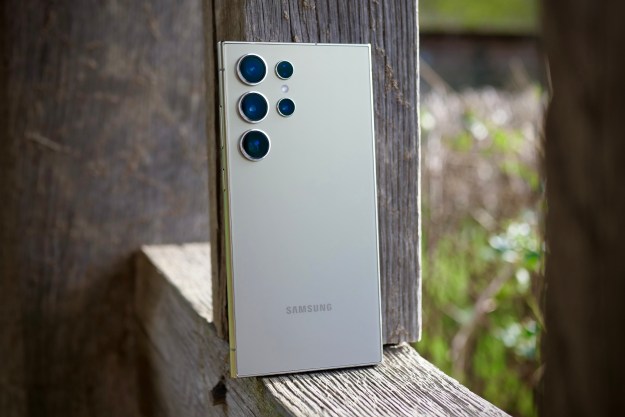The number of encrypted smartphones the FBI has been unable to access has been grossly inflated to the public and lawmakers, according to The Washington Post. While the bureau said it was locked out of nearly 8,000 devices connected to crimes in 2017 alone, it appears the actual number of inaccessible phones may fall closer to 1,000 and 2,000.
After first becoming aware of the error nearly a month ago, the FBI has been working to get a better idea of the actual number of handsets it is unable to access due to encryption. The current internal estimate is around 1,200 handsets but the number may change in the coming weeks as the FBI launches an in-depth audit.
On Tuesday, May 22, the FBI released a statement about the miscount noting, “the FBI’s initial assessment is that programming errors resulted in significant over-counting of mobile devices reported.’’ The bureau went on to explain the miscalculation is due, in part, to three separate databases counting handsets multiple times.
While the FBI admits it grossly inflated the number of inaccessible smartphones to lawmakers and the public, the bureau remained steadfast about the danger of such devices. “Going Dark remains a serious problem for the FBI, as well as other federal, state, local and international law enforcement partners. … The FBI will continue pursuing a solution that ensures law enforcement can access evidence of criminal activity with appropriate legal authority.”
The acknowledgment is the latest blow for the FBI and law enforcement agencies around the country. After a string of attempts to strong-arm Apple into providing a backdoor to access devices involved in crimes, a company called GrayKey announced it created a relatively inexpensive device that allowed law enforcement agencies to unlock encrypted iPhones.
Just months after GrayKey was unveiled, hackers managed to access code for the device, putting its vulnerability center stage. Grayshift, the company that manufactures GrayKey, told Motherboard “a GrayKey unit’s UI was exposed to the internet for a brief period of time earlier this month.” While the company admitted one of its devices was exposed online, it maintains that the device is safe and no personal information was accessed through the breach.
Apple has also been aggressively working to protect its users’ private date since GrayKey was released. In April, the tech giant updated iOS 11.3 to limit access to iPhones. The update disables the lightning port of any iOS device seven days after it was last authenticated with via passcode, fingerprint, or Face ID.
Editors' Recommendations
- AirTags range: here’s how far the tracker can reach
- Everything Apple says is wrong about the DOJ’s iPhone lawsuit
- The top 7 bestselling phones of 2023 were all … you guessed it
- What iPhone do I have? How to find out your iPhone model number
- Don’t buy a Galaxy S24 Ultra or iPhone 15 Pro Max. Do this instead


